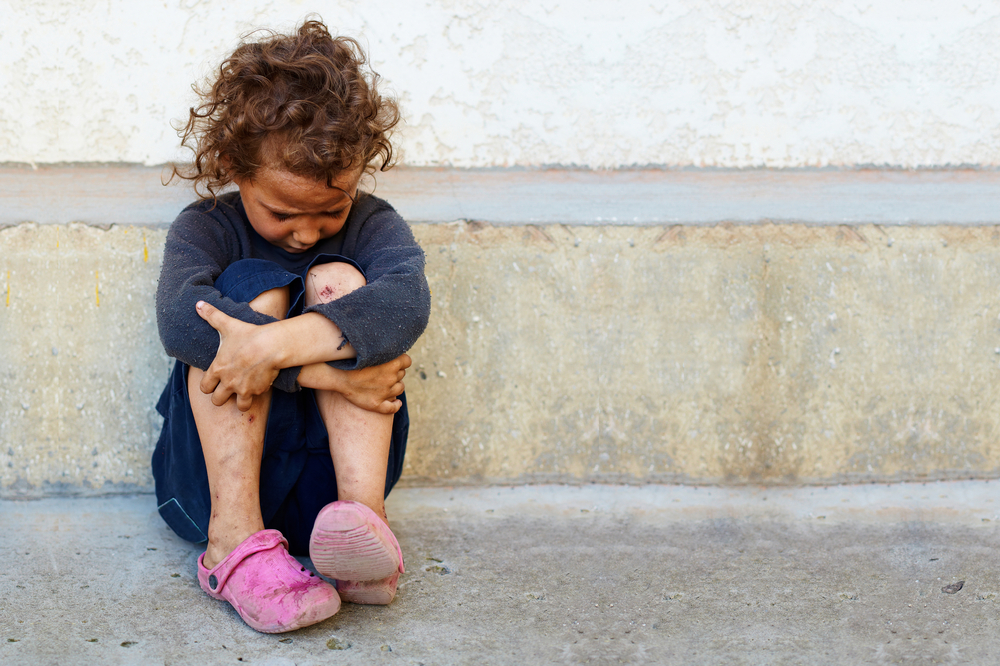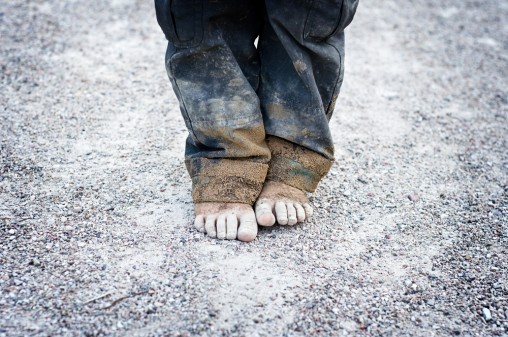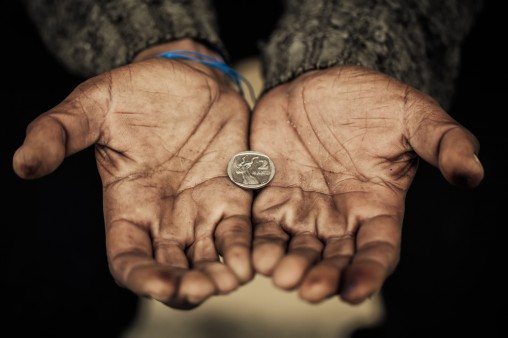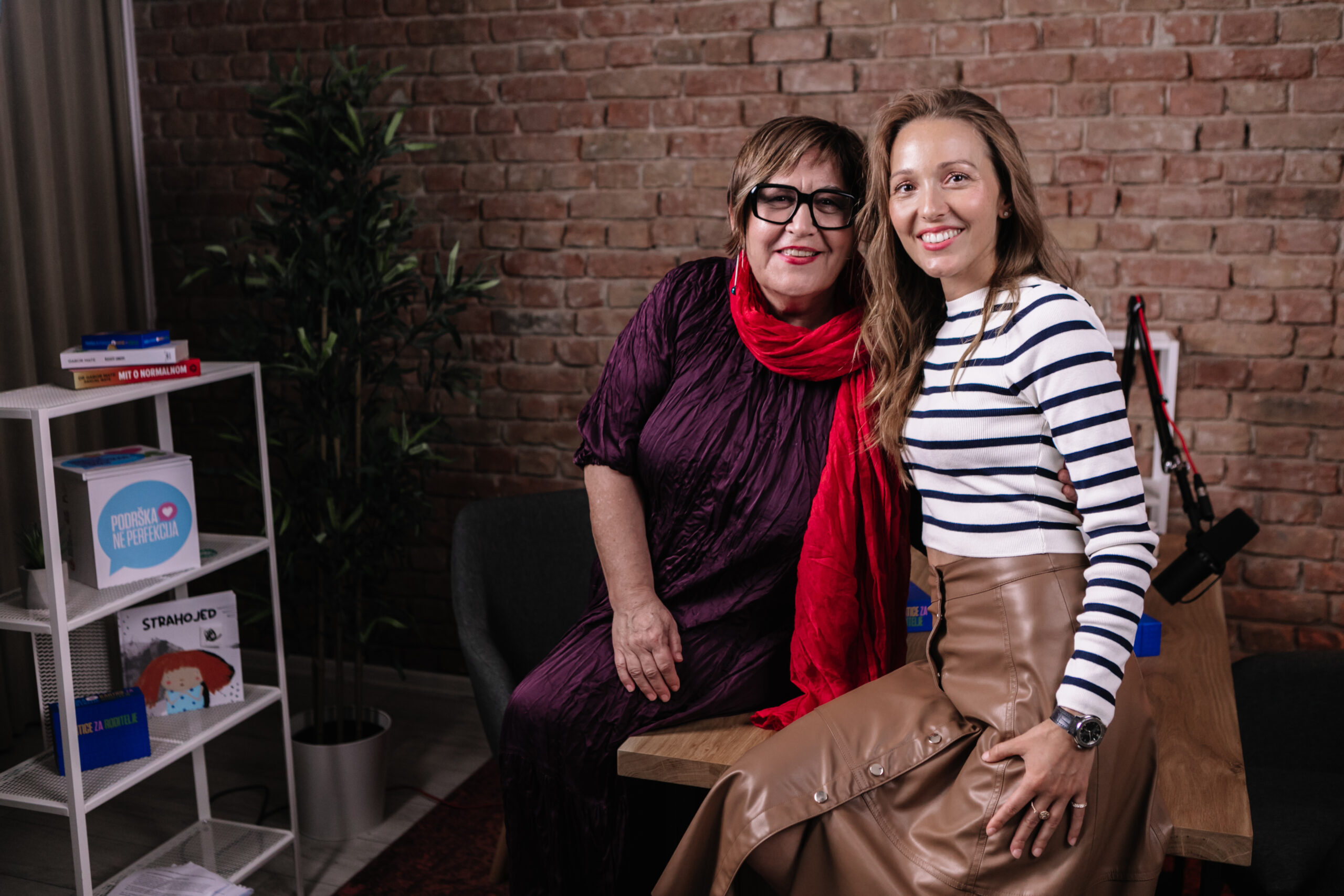As unemployment decreases, child poverty increases.
The UK is not the place you would automatically associate with child poverty. It is a developed country with, what from the outside looks like, an enviable system: the NHS and its free health care, free education for all and a safety net with benefits for those most vulnerable in society. We are used to being faced with dramatic images of children in poverty from fundraising campaigns to help those in far off developing countries; but to see those living in cold and damp conditions without the means to buy the necessary nutrients for good health and development, on our own doorstep? Something has gone drastically wrong.
The number of families and their children living in poverty is on the increase and the reasons are complex. There is also a very different mindset as to how us Brits view poverty at home and abroad. It is far easier to see those in poverty in developing countries as victims of circumstance: famine, natural disasters or political turmoil, than to see those in poverty at home. Immediately, we regard the poor in a country of comparative wealth as lazy, work-shy and instrumental in their own situation. But as the recent Save the Children report shows, nothing could be further from the truth and one of the most dramatic truths to come out of the report shows that „work is no longer a route out of poverty, with two thirds of all poor children coming from working households“.
Children really suffer from poverty as their parents’ financial strains creak under the costs of nutrition, clothing, adequate housing and provisions for their educational and emotional development. All the while as the costs have increased on the family unit, one parent is usually then removed from their potential earnings due to child care which is rocketing in cost year on year (nursery places for children under 2 have soared 77% in the last decade).
Whilst the UK had made good progress in reducing the number of children living in poverty between 1996 and 2005 by getting parents back to work and introducing services such as Sure Start to enhance early experiences and support families and through social security benefits; this trend has reversed. Whilst the UK government had committed to reducing the number of children living in disadvantage through the Child Poverty Act, not only are these targets not going to be met, but the situation is getting worse.
It is true that the global financial situation has had a part to play but the situation was deteriorating even before it hit in 2008. The biggest change is that most of those living in poverty have parents in work. As unemployment has fallen, poverty has increased; a truly bemusing statistic. Projections for the recovery are not faring any better with The Institute of Fiscal Studies predicting a one third rise in child poverty by 2020. Translated into numbers this means:
- 150,000 more children living in a cold home in addition to the 1.6 million already in one.
- 90,000 more not getting enough fruit and vegetables along with the 2.7 million going without basics such as sufficient nutrition
- Another 23,000 young people a year in England not achieving good GCSEs because of the impact of poverty on a child’s start in life and in their prospects for educational attainment. Source
In addition to work no longer providing a route out of poverty, the situation has become compounded by a social safety net which is no longer fit for purpose and no longer sufficient as well as rising living costs especially for the basics of food, heating and housing.
Save the Children wants to help provide a fair start for all children in life in order that their future need not be dependent on a lottery of birth. Every family should have access to high quality and affordable childcare. Every family with children under five should have a minimum income guarantee and every child should be able to read well by the age of 11. Surely these are not too much to ask? Not only will these measures improve the immediate surroundings of children in poverty today but they will prevent poverty becoming endemic and entrenched across generations. The time is now to prevent this from happening and early intervention is the key for children to get the right start in life.
Governments should be demonstrating a commitment to this at the highest level but we all have a responsibility and there is much that we as individuals can do to help. From supporting food banks to donating old books, clothes and toys, there will always be somebody grateful for the resources that they just can’t buy new.
Is it the same in your country? What are your experiences of rising costs and decreasing wages? How do you bridge the gap? We would love to hear your practical coping tips.



















